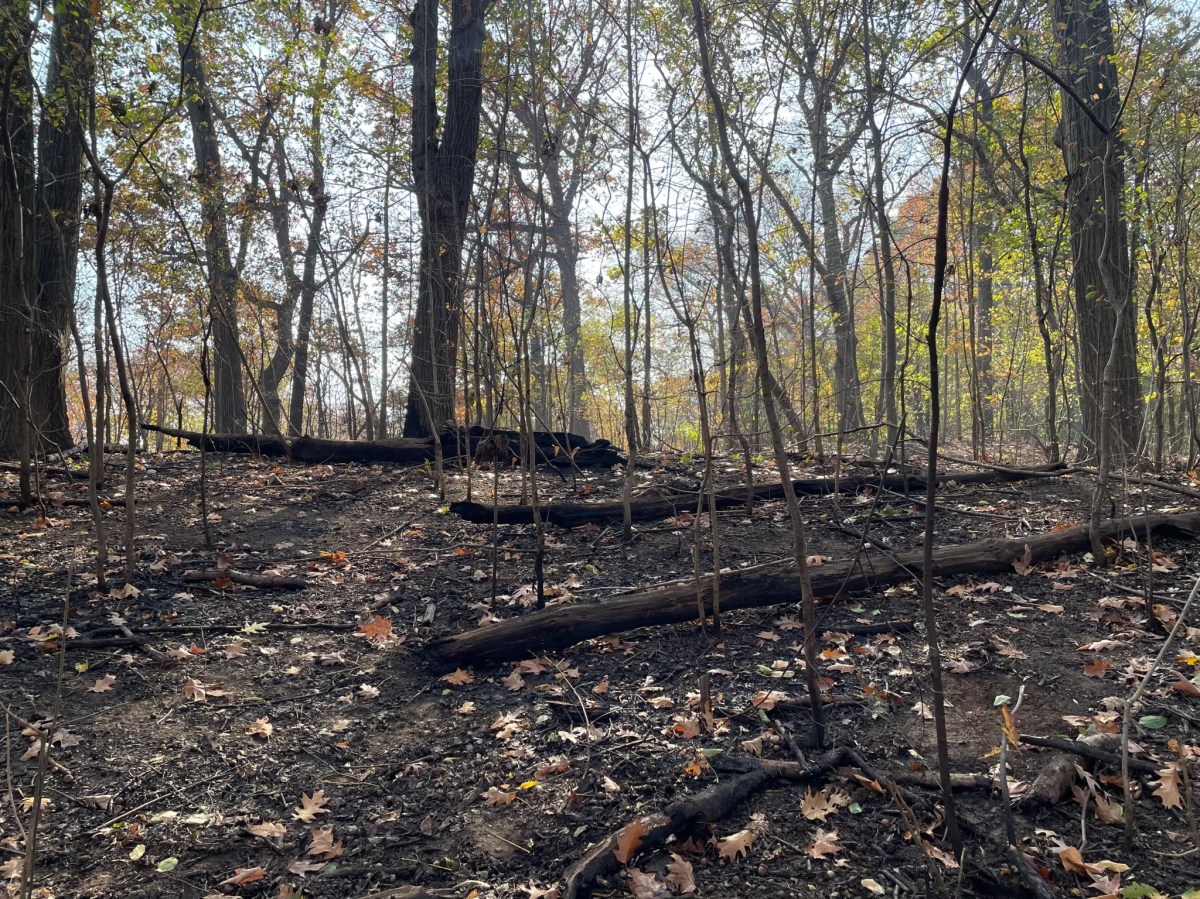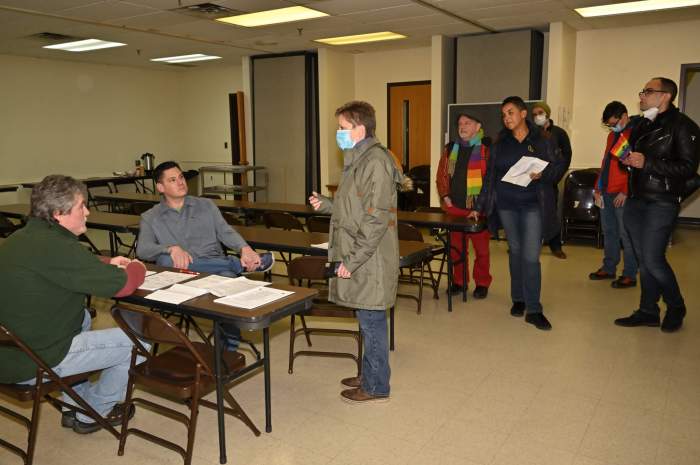By Peter Davies
The revised plan for the Soho Business Improvement District, a costly scheme unanimously rejected by Community Board 2, remains filled with problematic proposals. While Councilmember Chin was able to convince the BID proponents to pull back on their proposal, the BID is still not a good plan for Soho. Questions presented to those promoting the BID — now renamed the Broadway Soho BID, a.k.a. the BS BID — have been left unanswered.
One thing is certain: The BID will bring added costs of doing business in Soho. Early on, one proponent wrote that the BID means “a new tax for our tenants at a time when New York City taxes are not going down. A BID is also a whole set of bureaucratic procedures to deal with.” Such honesty won’t be found in any recent public comments from those behind the BID, who now speak through press releases.
To get beyond the slick P.R. blitz orchestrated by Rubenstein Associates, a concerned group of Soho residents and property owners formed the Soho NO BID Committee. We were compelled to seek the truth behind the plan. A Freedom of Information Law (FOIL) request was filed at the Department of Small Business Services, the New York City agency supporting the creation of BIDs. We discovered that the BID’s own documents belie many of the public statements made by those promoting the BS BID.
BIDs are implemented through a feudal-style law, giving more power to property owners than to individual citizens. Properties assessed at higher values garner increased influence. The result is a city of fiefdoms, where a powerful few can take control.
A BID may only be implemented if it is “in the public interest” and those proposing it can show strong local support. In actuality, the promoters of the BS BID are a small group of real estate interests, controlling about 20 of the 100 buildings along Soho’s Broadway corridor. Half of these real estate companies bought area properties only in the last five years, bringing with them the mega-retail operations that have led to the increase in crowds and trash.
BID documents show that only nine real estate entities provided the $31,500 used to establish the BS BID. This syndicate includes real estate giants Newmark Knight & Frank, Vornado Realty, Olmstead Properties and Thor Equities. These companies publicly claim that their primary goal is to maintain the sidewalk sweeping performed over the past two decades by ACE, whose program was recently curtailed due to lack of local funding. The actions of the BID team behind the scenes at ACE tell a sorry story.
Many of the real estate investment companies promoting the BID have actually created the trash problem that they now claim they’ll solve, if only the City Council will grant them the power. The BID FOIL documents reveal that a number of these same companies have never donated money to ACE, not one penny, despite the huge rents their retail tenants pay to be part of the “Soho Mall.” The BID proponents have let the ACE program falter in a concerted effort to force these costs onto their tenants. And they’ve turned to our local politicians to help them do it.
The head of the BS BID group declares that it “is true grassroots democracy in action.” But this proposal is not locally sponsored. Documents show it was submitted to the City Council “by request” from Mayor Bloomberg. To label a government-sponsored scheme as “grassroots democracy” displays a cynical attempt to sway opinion, and it exemplifies the double talk continually served up by the BID team.
The BID proponents make unsubstantiated claims of local support for their plan, stating, “based on the signed ballots, there is significant support by property owners (over 80% of respondents).” What the BS team fails to address is the number of actual “respondents.” Thus, on its own, the BID’s claim of support from “80% of respondents” means virtually nothing.
Despite a requirement that the BID send out a “voting form” to all local stakeholders, research shows that a majority of locals never received the form. Indications are that the BID team simply collected these so-called “ballots” as they could and skewed the numbers to claim a high level of support. Research shows that only 40 percent of property owners were polled, so the BID’s claim of support from “80% of respondents” actually translates to only 30 percent support from owners, and the majority in Soho were left out of the balloting altogether.
Many individual property owners along Broadway remain opposed to the BS BID assessments that will be imposed on them. In these hard times such added costs can kill a business. In another cynical P.R. move the BID team now cleverly labels these assessments as “dues,” denying that they are actually a mandatory tax charged to property owners. The fact remains that BID fees will be billed, collected and controlled by the city’s Department of Finance. According to the head of the BID, the taxman will be working double time in Soho by the beginning of 2012, “in time for fees to be included on businesses’ January tax bills.”
As Councilmember Chin writes, “an annual assessment would be double taxation.” What better argument can be made to show that the BS BID plan is simply bad business, and completely unnecessary in Soho, one of the most vibrant and successful business districts in New York City? The logical response is to reject the Broadway Soho BID.
More information can be found on the Soho NO BID blog: https://Sohonobid.wordpress.com/ .
Davies is member of the Soho NO BID Committee and has been a resident of Broadway in Soho for more than 30 years.































